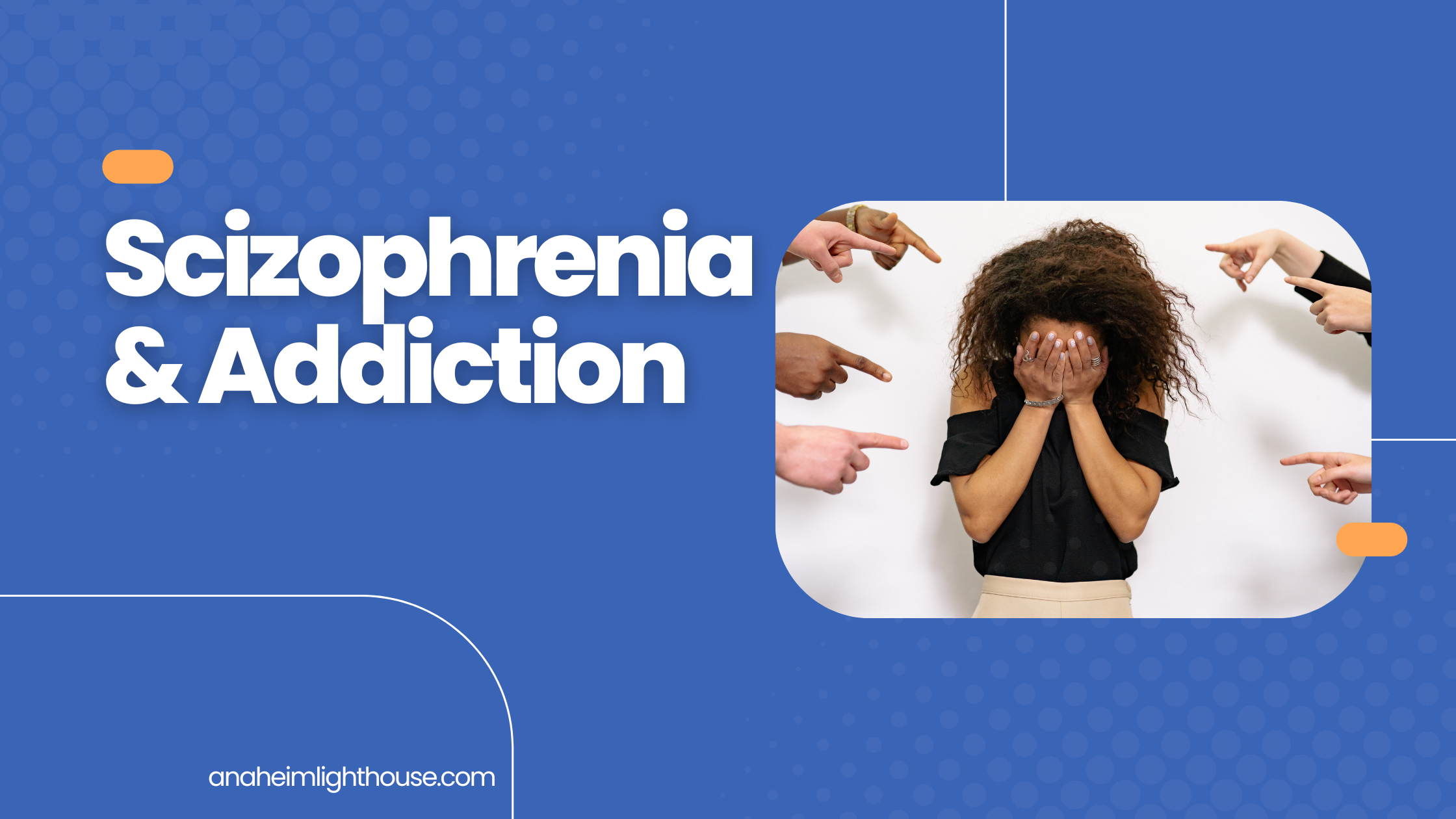Schizophrenia And Addiction
Few people know that schizophrenia and addiction can go hand-in-hand. In fact, the two often feed off of each other, creating a downward spiral that’s very difficult to break free from.
People with this mental disorder are more likely to abuse alcohol or drugs than people without schizophrenia. Abusing substances can make the symptoms of schizophrenia worse and make it harder to manage the disorder.
If you’re struggling with both conditions, it’s important to get help right away. Treatment for schizophrenia and addiction can be effective, but it takes time and effort.
In this article, we will explore the relationship between schizophrenia and addiction. We’ll also look at some of the treatments that are available for people who are struggling with both conditions.
What Is Schizophrenia?
Schizophrenia is a chronic and severe mental disorder that affects how a person thinks, feels, and behaves. People with schizophrenia may seem like they have lost touch with reality. Although schizophrenia is not as common as other mental disorders, the symptoms can be very disabling.
People with schizophrenia often suffer from delusions and hallucinations. Delusions are false beliefs that a person holds onto despite evidence to the contrary. Hallucinations are when a person sees, hears, or smells things that are not really there. These symptoms can make it hard for a person with schizophrenia to keep a job or take care of themselves.
Until now, people suffering from mental health disorders like schizophrenia still face discrimination and stigma. In some cases, people with this mental illness are assumed to be dangerous or unpredictable. This is not always the case. People with schizophrenia are no more likely to be violent than anyone else. However, they may be more likely to harm themselves than other people.
Because of this stigma, many people are reluctant to seek help for their condition. This can cause them to look for alternative methods of self-medication, such as using drugs or alcohol.
Link Between Schizophrenia and Addiction
The link between schizophrenia and addiction is complex. People with this mental disorder are more likely to suffer from substance abuse problems than people without schizophrenia. There are many reasons why this might be the case:
- People with schizophrenia might use drugs or alcohol to self-medicate in an attempt to relieve their symptoms. As mentioned, this is often brought about by being reluctant to seek proper medical help because of the stigma attached to mental illness.
- People with schizophrenia are more likely to suffer from social isolation and anxiety, which can lead them to self-medicate with substances. The symptoms of schizophrenia can make it difficult for a person to hold down a job or have healthy relationships.
- The delusions and hallucinations associated with this mental disorder can lead people to believe that they need drugs or alcohol to function normally.
- People with this disorder might also turn to substance abuse as a way of coping with the negative emotions caused by their condition such as stress and depression.
Regardless of the reason, people with both disorders need to get treatment for both conditions simultaneously in order to maximize their chances of recovery.
Risk Factors of Developing Schizophrenia and Addiction
Several risk factors can increase your chances of developing both conditions simultaneously. In many cases, it can be challenging to pinpoint whether addiction or mental illness came first. Here are some risk factors that can predispose someone to develop both disorders:
- A family history of either disorder
- A history of substance abuse
- Certain environmental factors such as exposure to viral infections during childhood, psychological trauma, or stress
- Certain medical conditions such as autoimmune diseases or Huntington’s disease
Symptoms of Having Schizophrenia and Addiction
Are you struggling with both schizophrenia and addiction? How do you know if your loved one is? Here are some symptoms that may indicate that someone is dealing with co-occurring disorders:
- Delusions or hallucinations related to your substance abuse
- Problems functioning at work, school, or home
- Withdrawal from friends and activities you used to enjoy
- Anxiety or depression
- Paranoia
- Agitation or irritability
Treatment for Schizophrenia and Addiction
People with schizophrenia often require long-term treatment and support to manage their symptoms and live productive lives. Unfortunately, schizophrenia also carries a high risk for substance abuse and addiction. This co-occurring disorder can complicate treatment and make recovery more difficult.
Dual diagnosis, also known as co-occurring disorders, is a term used to describe when a person suffers from both a mental illness and a substance abuse problem. While any combination of mental illness and substance abuse can be considered a dual diagnosis, there are certain combinations that can be more complex to treat than others.
As a result, dual diagnosis treatment centers are designed to address both the mental illness and the addiction. By providing comprehensive care, dual diagnosis treatment centers can help patients overcome their struggles and live healthy, productive lives.
However, finding the right addiction treatment center can be a challenge. There are many factors to consider, such as cost, location, and the types of services offered.
For people with schizophrenia and addiction, finding the right treatment center is essential. By addressing both disorders simultaneously, dual diagnosis treatment centers can give patients the best chance for a successful recovery.



